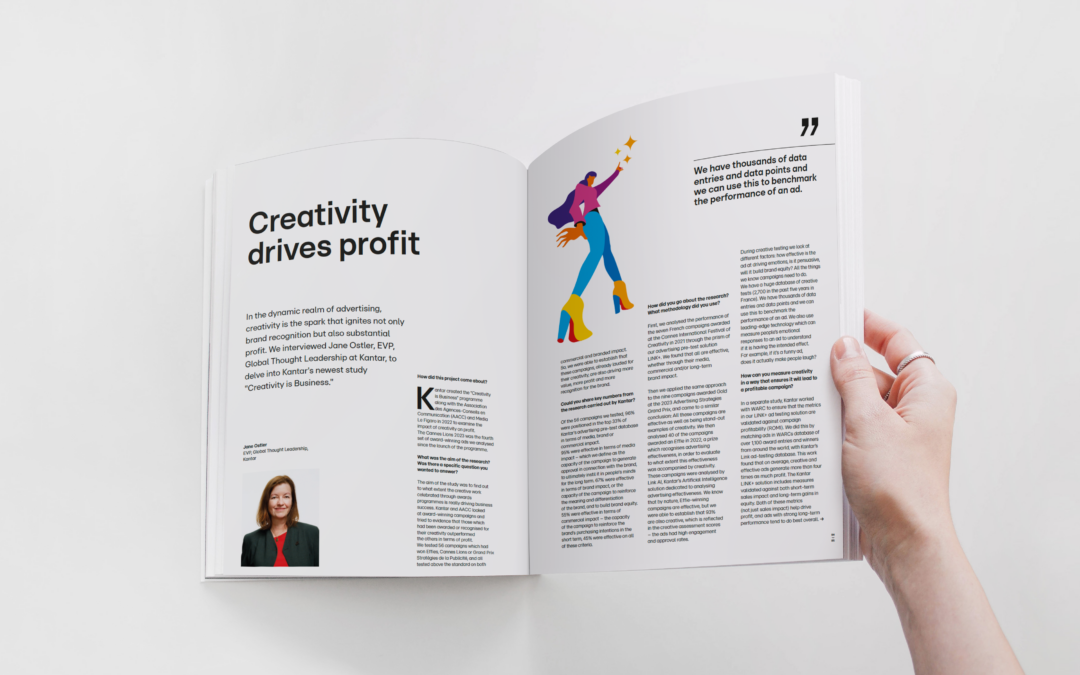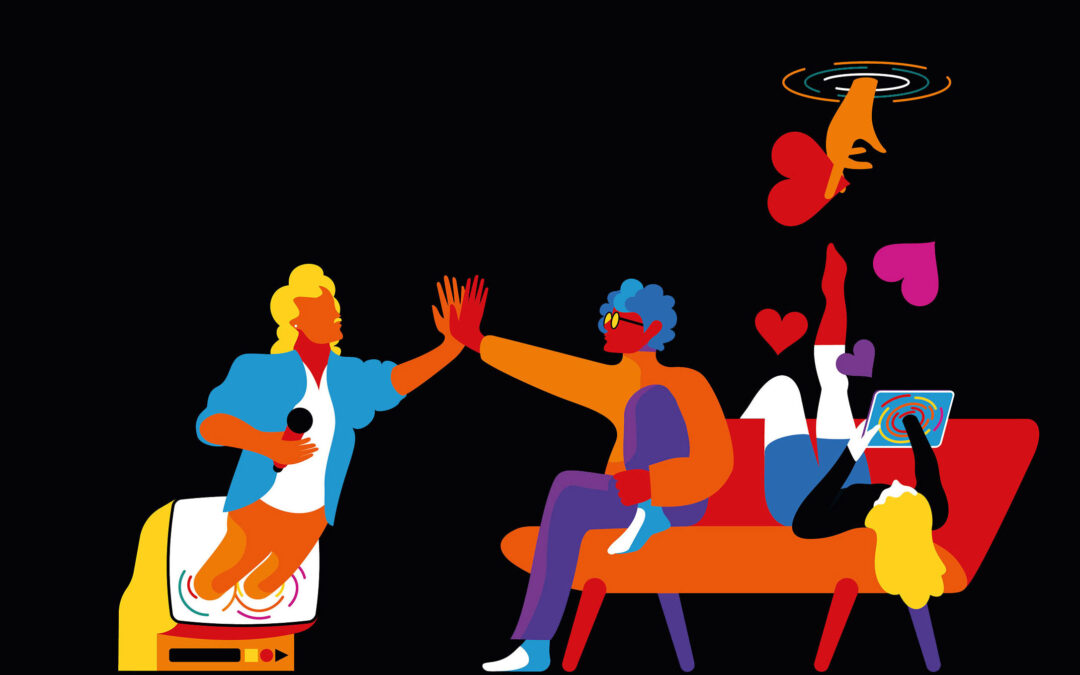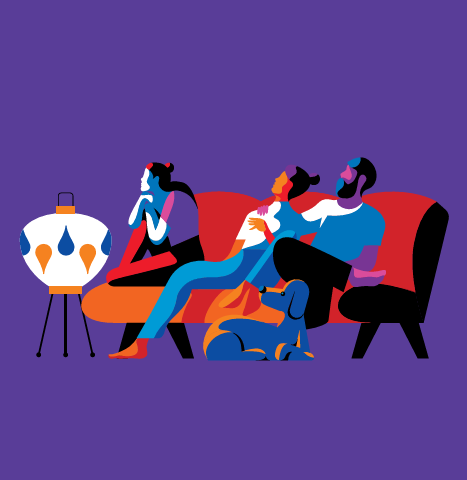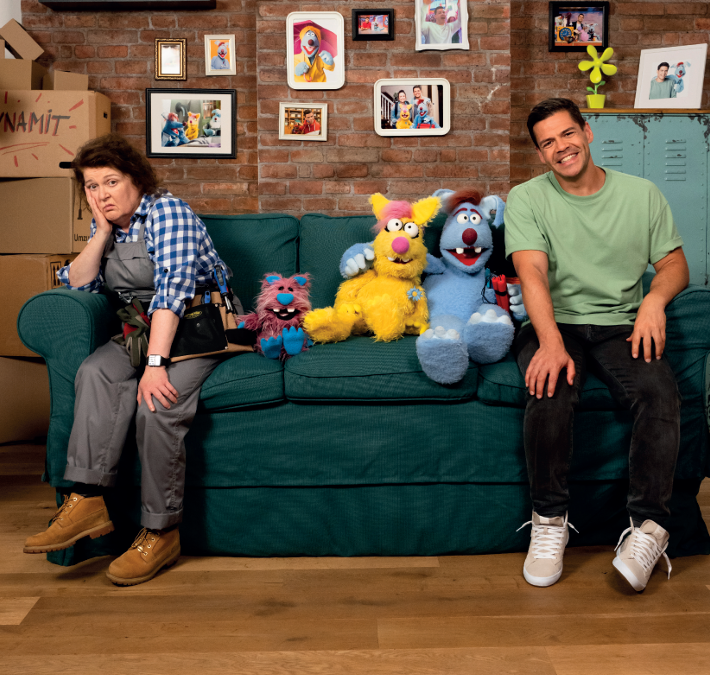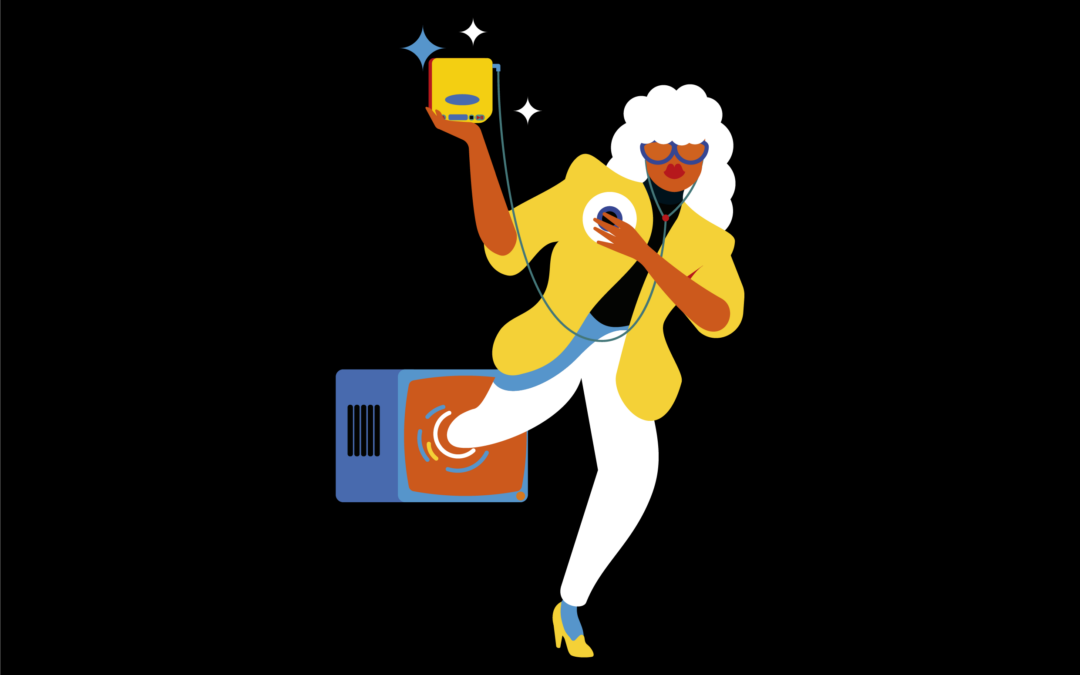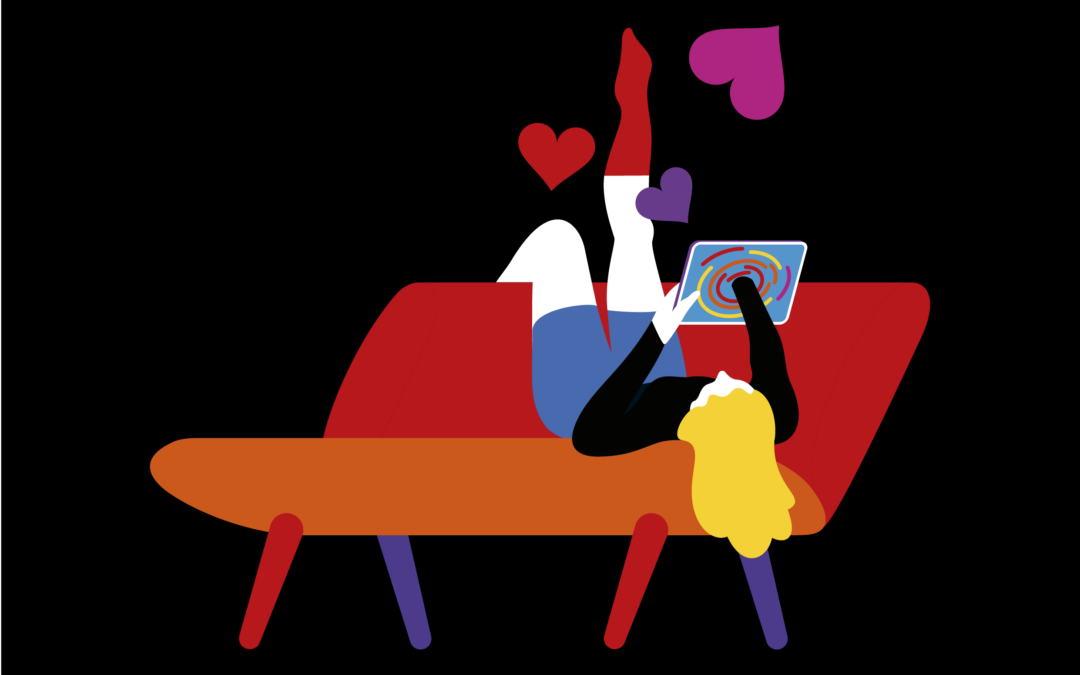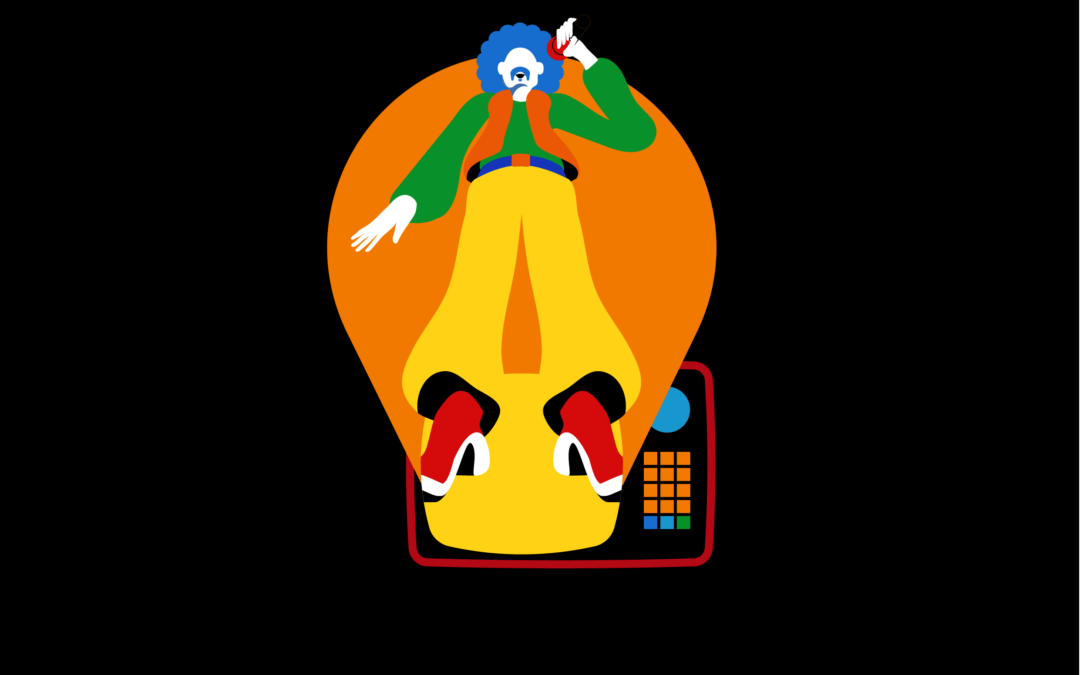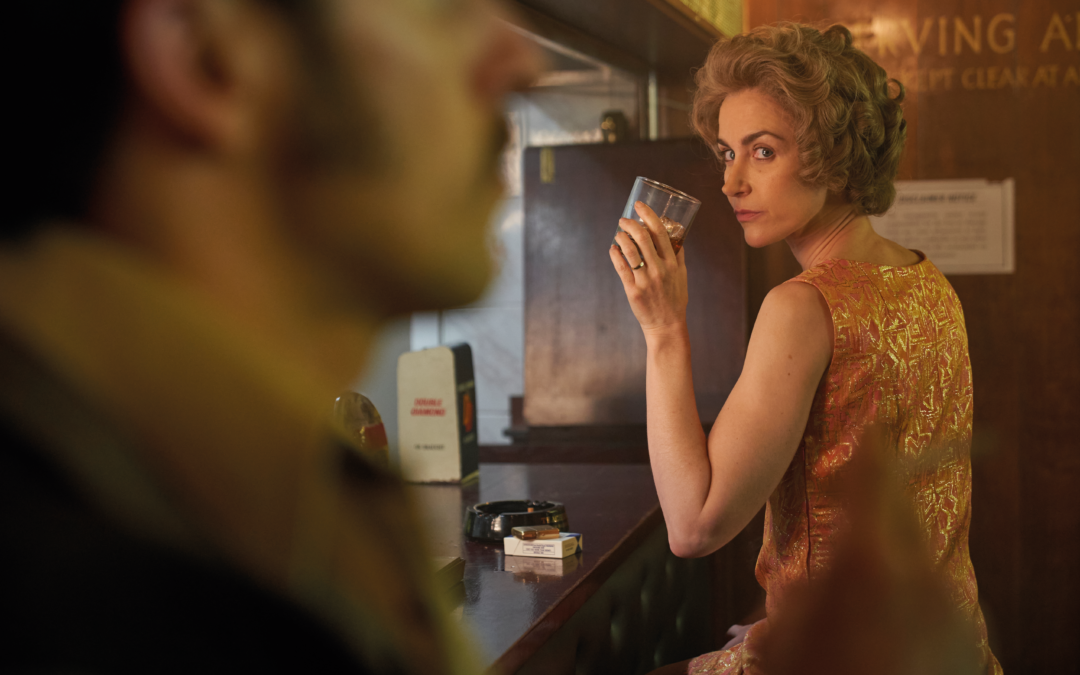The powerful emotional role TV has played during the Covid-19 crisis is explored in ‘Lockdown TV’, a study conducted by Thinkbox. Nicole GreenfieldSmith, Head of Research at Thinkbox, shares the main learnings.
The disruptive impact of the pandemic continues to be felt around the world, but one aspect of life has remained reassuringly constant: TV. We have all lived through history these past few months, and TV has played a crucial role. It has eased our anxiety and kept us informed. But mostly, it’s kept us together.
The powerful emotional role TV has played during the Covid-19 crisis is explored in ‘Lockdown TV’, a study of TV habits we conducted throughout the lockdown period. Here’s what we learned:
TV’s value to us increased
Unsurprisingly, TV viewing surged during lockdown as many of us had a lot more time on our hands and fewer ways to fill it. Linear viewing increased by 21% (especially news which increased by 45%) and commercial broadcaster VOD rose by 45%. Subscription VOD services also saw a significant rise in viewing. But it’s interesting to note just how much more valued TV became during lockdown. Our study revealed that, in many cases, TV became an emotional crutch and viewing was almost ritualistic. The Lockdown TV study focused on three distinct groups: workers who were expected to work-from-home, working parents of school-aged kids, and those who were unable to work due to Covid-19. In spite of their differing circumstances, the importance of TV to each of these groups was clear from the off.
Comfort and escape
For home workers, often sharing their space with others in the same boat, TV provided the means to switch off, relax and escape. It drew a line between home and work as the boundaries between the two became increasingly blurred. We saw householders coming together to eat lunch around the TV or settle into a programme at the end of a working day. It provided the reason to down tools and mentally recuperate.
This sentiment was echoed in the other households too but for different reasons. During the early days of the crisis, national anxiety was at a high. As deaths soared, jobs were lost and clapping our beloved NHS began, many of us were fearful; fearful for our own health and that of our loved ones, and fearful about what was happening in the world around us. As we retreated into our homes, we needed something to ease that anxiety – and that something was often TV.
TV has always provided a valued means of escape, comfort and distraction, but its impact during lockdown was turbocharged as these needs became more prevalent. For those who found themselves out of work due to the pandemic, the value of TV in this respect could not be overstated.
TV’s vital role for parents
This was especially true of working parents. For anyone thrust into the role of full-time nursery nurse or teacher, especially when juggling work on top, moments of peace and sanity could be few and far between.
For parents, TV not only helped provide relief and distraction, it also fulfilled two other crucial roles.
Firstly, a helping hand with education. We witnessed parents using TV content as a springboard for home education activities, such as cooking and art. But broadcasters also stepped up to the mark in terms of educational content.
TV provided a hugely valued point of shared interest and connection – an excuse to settle down together, snuggle up and forget the world outside. So much so, several parents made a point of introducing content to their kids that they loved when they were younger, for the specific purpose of providing a shared point of focus and connection.
was something all studied
households said
they’d continue when
restrictions are lifted.
The renewed importance of sharing
TV has always facilitated togetherness, but its role in lockdown was different. Excess time, being forced into close quarters with household members, and the comfort of hunkering down together meant that shared TV viewing soared by a whopping 30% during lockdown. Households had to find content that suited all members of the house, and, as our stats show, genres such as comedy, entertainment and films were pivotal to achieving that.
In fact, across the three months of our study, watching TV with others was cited time and time again as one the most positive aspects of lockdown; the chance to just be together, to share a simple pleasure, to watch and forget the outside world with those that you love. This increase in shared viewing was something that virtually all of our households said they’d continue when restrictions are finally lifted. In a time of angst and uncertainty, it’s these precious shared moments that helped make the difference between surviving and thriving.

